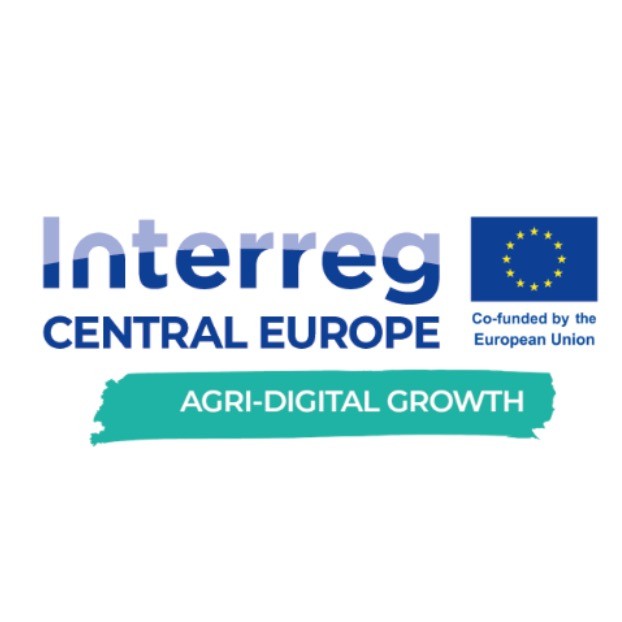It is a bright sunny day in Ghent, when Prof. Abdul Mouazen picks up our call for the interview. “Not an usual thing this year”, he jokes, referring to the heavy precipitations that have hit Belgium in 2024. “But the trend in the previous years – he points out – has been towards a constant decrease of rain”, to the point that Belgium ranks now 18th out of 25 countries worldwide that experience extreme water stress, according to European Commission statistics. “That may sound surprising – he explains – but we see the reality out in the fields”.
Prof. Mouazen is head of the Precision Scoring Group within the Department of Environment at the University of Ghent, where he teaches Precision Agriculture and Environmental Soil Sensing Courses. He is also among the European specialists on precision agriculture and the coordinator of several EU funded projects on Precision Agriculture, like ADDFerti, POSHMyCo, WHEATWATCHER.
“Between 2020 and 2023 we had very dry summers – he recalls – That means that without irrigation, the potato yield was said to drop by 20%. Where we used to have a production in the range of 50-60t/ha, we see that amount decreasing to 45-50 t/ha. Needless to say, this affects farmers financially”.
In a traditionally rainy country, irrigation has often been perceived as not necessary. Farmers are now starting to realise that irrigation may help, and precision irrigation, even more. “Our experiments – continues Mouazen – tell us that using one of the solutions developed in the ADDFerti precision fertigation project, that is a hose reel irrigation machine whose boom is divided in four controlled sections, each of 11 metres, production improves. Applying fertigation with a combination of water and nitrogen dispensed in variable rate, we calculated a reduction of 4% in CO2, and water savings in the order of 27%, compared to using fixed rate approaches. That means roughly a yield increase of 400€ per hectar, or a 4% gross margin for the farmer”.
With extreme weather and drought increasing all over Europe (except in 2024), the case for precision irrigation seems to apply also to non-Mediterranean regions. “The efficiency of systems like the one we tested in ADDFerti – continues Mouazen – can be higher in large fields, as it allows economies of scale. Germany and Czechia might be in a better position to benefit from those innovations, since their average farm size tends to be bigger than in other countries”.
But the uptake seems to be slow, almost everywhere in Europe. “I believe we need to design an environment that farmers can trust. Right now, there is a level of complexity that not all farmers are ready to face. We need to have well-prepared agronomists or service providers that can realistically project the impact of adopting a given solution in a given field. And technology has to be transparent to the farmer. All they need is plug and play solutions, not an additional burden of requirements”.
